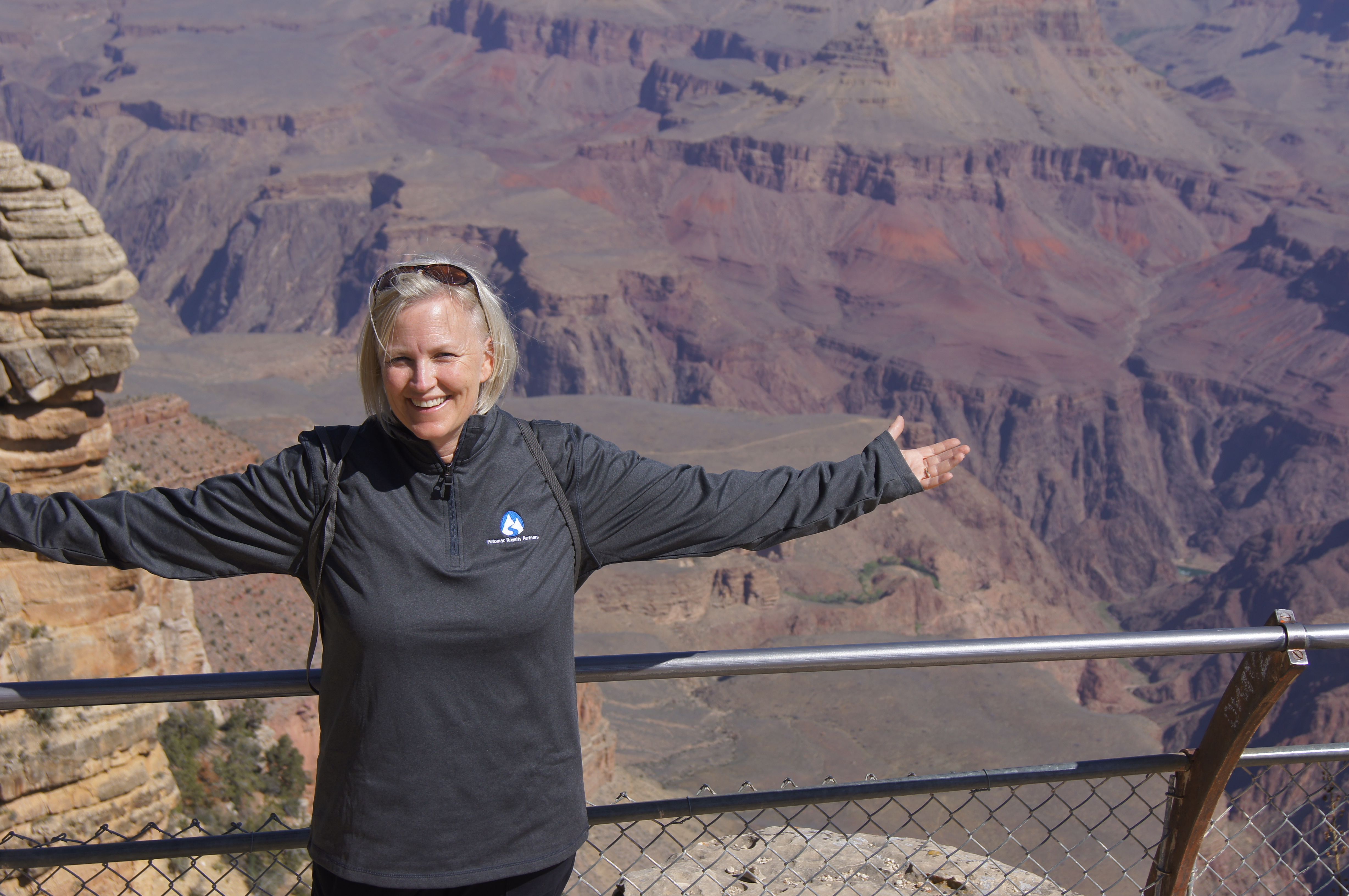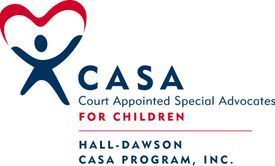
I attended the CASA information session and learned that CASA’s mission is exactly the same as my own (although more thoroughly and eloquently stated) and I quickly signed up to volunteer. Although the CASA training is a bit overwhelming, it put my fears of not having an education in counseling or social work at ease. There are professionals supporting the children, along with the CASA, and all work towards a common goal of helping children in need. Every child with a CASA, regardless of the CASAs formal education and training, is better off because they have someone advocating for their best interests, taking an interest in their life, supporting them in their endeavors and helping them with challenges.
The same day I was officially sworn in as a CASA volunteer, I was assigned my first child, a fourteen-year -old girl. I was nervous sending my first emails and making my first phone calls to learn about the case. I was worried about how to coordinate the first home visit and how the visit would go - What should I do or say? I have two sons; how can I relate to a teenage girl!? Will she be willing to talk to me? Will my questions be too intrusive? After a few months and multiple visits, I am no longer apprehensive before my visits, and I continue to learn about her and her family and about how to be an effective CASA.
A few months later, I received an email from Hall Dawson CASA providing information on children that are in need of CASAs. I was sure I would not volunteer for a second case since I am still working on how to balance a full-time job, family and CASA responsibilities. However, I discovered a CASA was needed to work with a young man who is about to graduate from high school and is deciding between college and the military. He has turned eighteen, parental rights have been terminated and he has signed himself up to continue in the foster program for now. How can I not offer to help this young man? He is very close to the age of both of my sons. I have very recently helped my sons navigate the college application process and the transition from high school to college. I have very close family members who are career military, and a friend whose son just enlisted in the Navy, so I have some resources to help him navigate the military recruitment process. Most importantly, I was willing and able to learn about the process to help him navigate whatever future he may choose. I accepted the case and learned as much as possible before my first home visit. Again, I felt anxious and had many questions about visiting the group home and meeting this young man for the first time, but I reminded myself that regardless of how the visit went, I was there to help.
I met with this young man for only about fifteen minutes and realized that he is a smart, independent, confident, resilient and determined young man who, in spite of serious obstacles, has already made decisions about his future and taken all the necessary steps to make that future happen. He decided to join the Navy. He is due at MEPS, the Navy in-processing appointment, within ten days. He has already taken the Navy pretest (the ASVAB) and is confident he will do well. He is still considering college, and he knows the GI Bill will be a benefit to him when he leaves the military. He will continue working 30 hours/week until he leaves to visit family in another state before his Navy ship date in August. Needless to say, he made my CASA job very short and incredibly easy! I plan to check with him on occasion and am hopeful he will be willing to receive care packages from me once he begins his Naval career.
Although I am new on my journey as a CASA volunteer, I know I have found my passion. It doesn’t matter if I help one child at a time or juggle three or more cases at once. It doesn’t matter if my case lasts one month, one year or three years. It doesn’t matter if I am able to form a special close bond with each child or if a child remains guarded and keeps their distance through the conclusion of the case. In each one of these scenarios, I will be there to advocate for the child and to provide help, support and encouragement, hopefully taking away a few of the many obstacles they may encounter as they move forward in hopes of reunification with parents, adoption or permanent guardianship with a new family or within the foster care system’s Alternative Planned Permanent Living Arrangement to transition to self-sufficiency. Every CASA, regardless of their background, brings valuable experience and knowledge to the children and families they work with.

